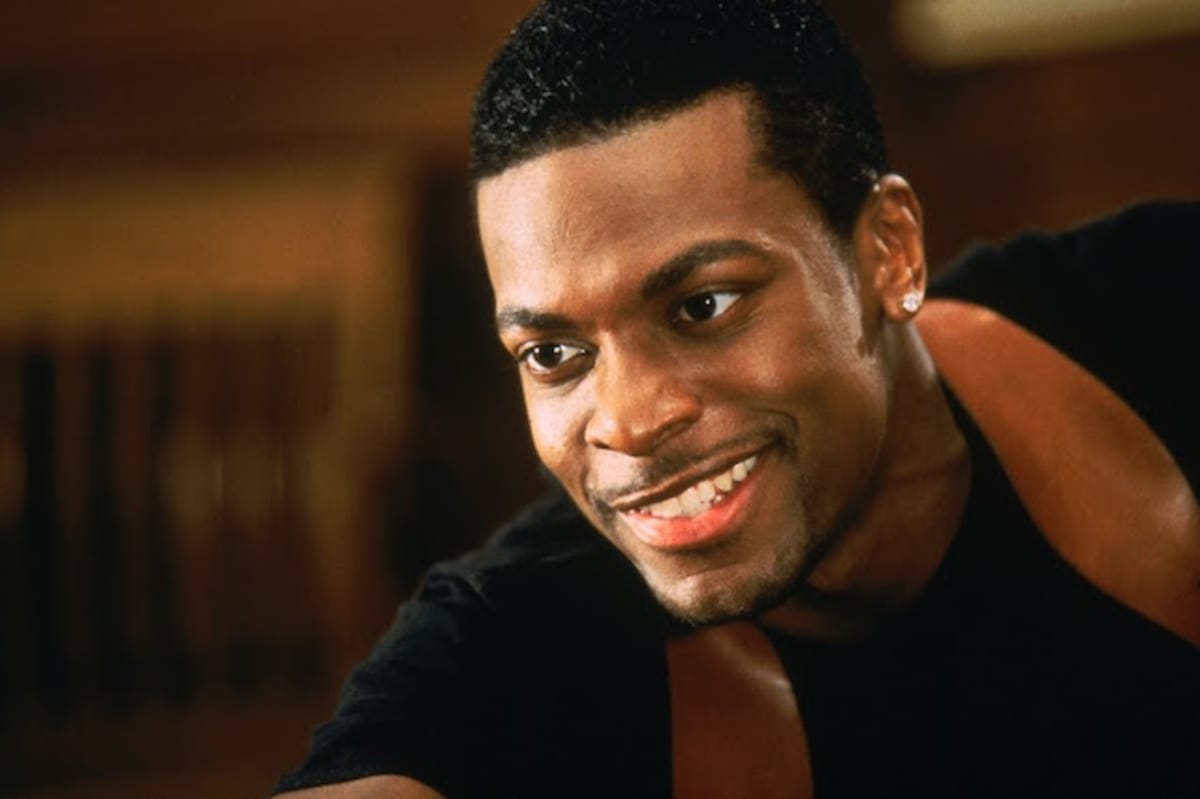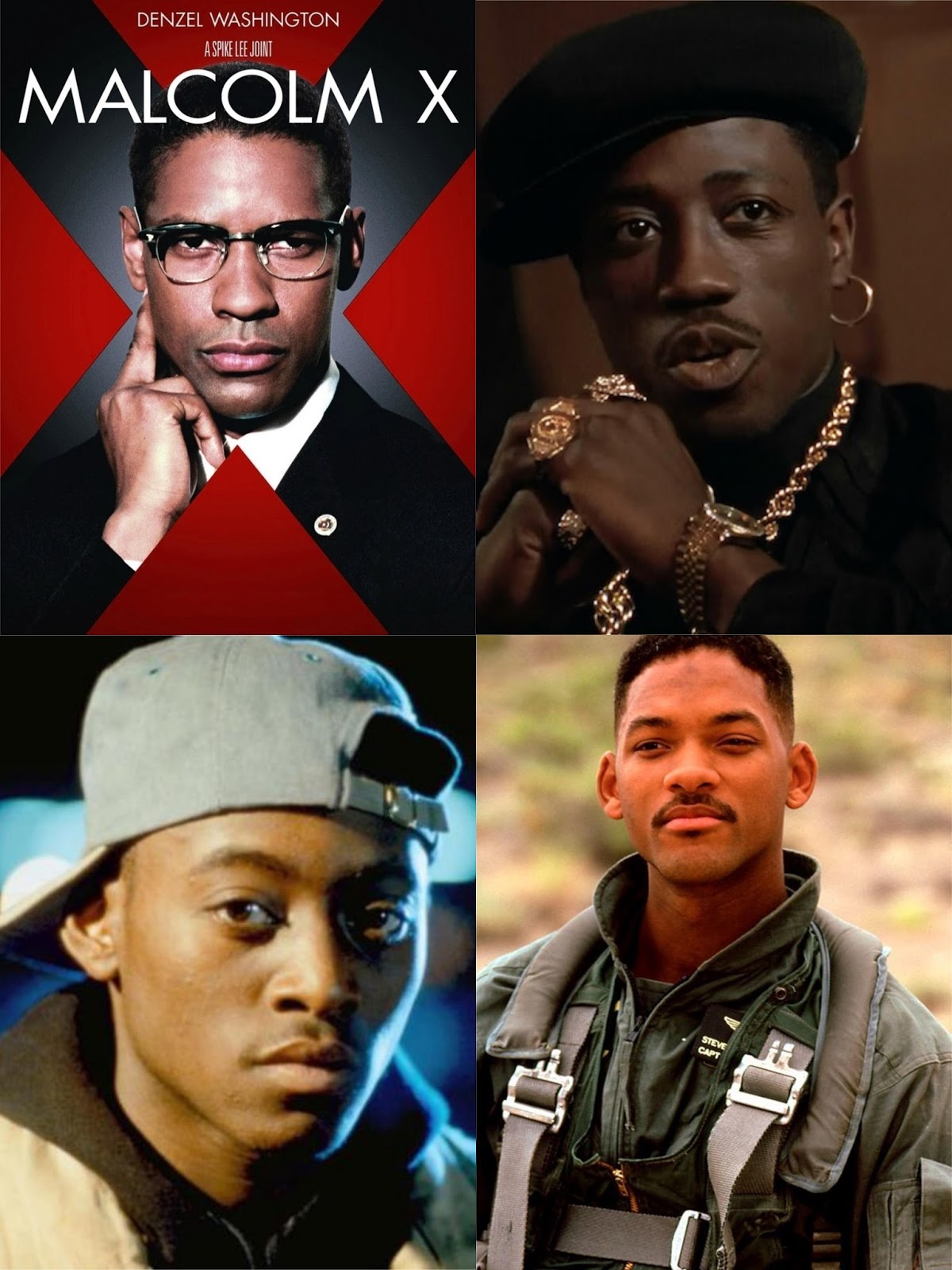Black Actors In The 90s: A Celebration Of Talent And Influence
The 1990s was a transformative decade for black actors in Hollywood, marking a significant shift in representation and opportunities within the film and television industries. As we delve into the landscape of black actors during this vibrant era, we witness their remarkable contributions, groundbreaking roles, and the cultural impact they had on both audiences and the industry. This article aims to explore the achievements and challenges faced by these actors, celebrating their legacies and how they paved the way for future generations.
Throughout the 90s, black actors not only showcased their incredible talents but also challenged stereotypes, broke barriers, and redefined what it meant to be a leading star in Hollywood. From sitcoms to major motion pictures, these actors became household names, resonating with fans around the world. Their work not only entertained but also sparked conversations about race, identity, and representation in media.
In this comprehensive article, we will highlight key figures, iconic roles, and the lasting impact of black actors in the 90s. We will also examine the evolution of their representation in film and television, the significance of their contributions, and the ongoing relevance of their work today.
Table of Contents
- Biography of Influential Black Actors
- Key Actors of the 90s
- Cultural Impact of Black Actors
- Notable Television Shows Featuring Black Actors
- Groundbreaking Films in the 90s
- Challenges Faced by Black Actors
- Legacy and Influence on Future Generations
- Conclusion
Biography of Influential Black Actors
To understand the impact of black actors in the 90s, it's essential to look at some of the influential figures who emerged during this time. Below is a brief overview of key actors and their contributions.
| Name | Birth Year | Notable Works | Awards |
|---|---|---|---|
| Will Smith | 1968 | The Fresh Prince of Bel-Air, Men in Black | 2 Academy Awards, 4 Grammy Awards |
| Angela Bassett | 1958 | What's Love Got to Do with It, Waiting to Exhale | 1 Academy Award nomination, 3 Golden Globe Awards |
| Denzel Washington | 1954 | Malcolm X, The Pelican Brief | 2 Academy Awards, 3 Golden Globe Awards |
| Queen Latifah | 1970 | Living Single, Set It Off | 1 Grammy Award, 1 Primetime Emmy Award |
| Samuel L. Jackson | 1948 | Pulp Fiction, Jackie Brown | 1 Academy Award nomination, 2 BAFTA Awards |
Key Actors of the 90s
Will Smith: From Rapper to Hollywood Star
Will Smith transitioned from a successful career as a rapper to becoming one of the most recognizable actors of the 90s. His role in "The Fresh Prince of Bel-Air" not only showcased his comedic talent but also addressed important social issues, making him a relatable figure for many.
Angela Bassett: A Force of Nature
Angela Bassett established herself as a powerhouse actress in the 90s, portraying strong and complex characters. Her performance in "What's Love Got to Do with It," where she played Tina Turner, earned her critical acclaim and showcased her incredible range.
Denzel Washington: The Leading Man
Denzel Washington became a leading man in Hollywood during the 90s, known for his intense performances and commitment to his roles. His portrayal of Malcolm X in Spike Lee's biographical film remains one of his most iconic roles.
Queen Latifah: Breaking Barriers
As a rapper, actress, and producer, Queen Latifah broke barriers for black women in Hollywood. Her role in the popular sitcom "Living Single" and her work in films like "Set It Off" highlighted her versatility and talent.
Samuel L. Jackson: The Iconic Character Actor
Samuel L. Jackson became known for his unforgettable roles and powerful performances in films like "Pulp Fiction." His distinct voice and commanding presence made him one of the most sought-after actors in Hollywood.
Cultural Impact of Black Actors
The cultural impact of black actors in the 90s cannot be overstated. They played significant roles in challenging stereotypes and promoting a more nuanced portrayal of black lives in media. Their work influenced not only the entertainment industry but also societal perceptions of race and identity.
- Representation: Black actors provided representation for black audiences, allowing them to see themselves reflected in diverse and meaningful roles.
- Breaking Stereotypes: These actors challenged traditional stereotypes, portraying characters with depth and complexity.
- Advocacy: Many actors used their platforms to advocate for social justice and equality, raising awareness about issues affecting the black community.
- Cultural Influence: Their influence extended beyond film and television, shaping music, fashion, and popular culture.
Notable Television Shows Featuring Black Actors
The 90s saw a surge in popular television shows featuring black actors in leading roles. These shows not only entertained audiences but also addressed important social issues and provided a platform for black voices.
- The Fresh Prince of Bel-Air: A sitcom that blended humor with real-life issues, starring Will Smith.
- Living Single: A groundbreaking sitcom that portrayed the lives of four black women navigating love and friendship.
- Martin: A popular sitcom showcasing the comedic talents of Martin Lawrence.
- In Living Color: A sketch comedy show that featured a diverse cast and tackled social issues through humor.
Groundbreaking Films in the 90s
The 90s produced several groundbreaking films that showcased the talents of black actors and addressed pivotal themes in society.
- Malcolm X: Directed by Spike Lee, this film explored the life of civil rights leader Malcolm X, with Denzel Washington delivering a powerful performance.
- What's Love Got to Do with It: A biographical film about Tina Turner, starring Angela Bassett and Laurence Fishburne, which highlighted issues of domestic violence.
- Boyz n the Hood: A coming-of-age film that depicted life in South Central Los Angeles, addressing issues of race, violence, and community.
- Poetic Justice: A romantic drama starring Janet Jackson and Tupac Shakur, which explored love and loss in the context of social challenges.
Challenges Faced by Black Actors
Despite the progress made in the 90s, black actors faced numerous challenges, including typecasting, limited roles, and systemic barriers within the industry.
- Typecasting: Many black actors were often relegated to stereotypical roles, limiting their opportunities for diverse characters.
- Pay Disparities: Pay disparities between black actors and their white counterparts persisted, highlighting ongoing inequalities in Hollywood.
- Access to Opportunities: Black actors often faced challenges in accessing leading roles and opportunities for advancement within the industry.
Legacy and Influence on Future Generations
The legacy of black actors in the 90s continues to influence the entertainment industry today. Their groundbreaking work opened doors for future generations of black talent, inspiring a new wave of actors, directors, and creators.
- Inspiration: Many contemporary black actors cite the work of their predecessors as inspiration for their careers.
- Diversity in Storytelling: The emphasis on authentic storytelling and diverse representation has become a focal point in modern filmmaking.
- Continued Advocacy: Today's black actors continue to advocate for social justice and representation, building on the foundation laid by their predecessors.
Conclusion
In conclusion, the impact of black actors in the 90s was profound, shaping the entertainment landscape and challenging societal norms. Their contributions not only entertained but also sparked vital conversations about race and representation in media
Article Recommendations
- Paige Vanzant Leak
- Sam Heughan
- Elon Musk Wife 2024
- Jeri Caldwell Wikipedia
- Taylor Breesey
- Katty Kay Illness
- Is Gwen Stefani Pregnant
- Hdhub4u
- Tony Hinchcliffe Parents
- Sophie Raiin Leaks


